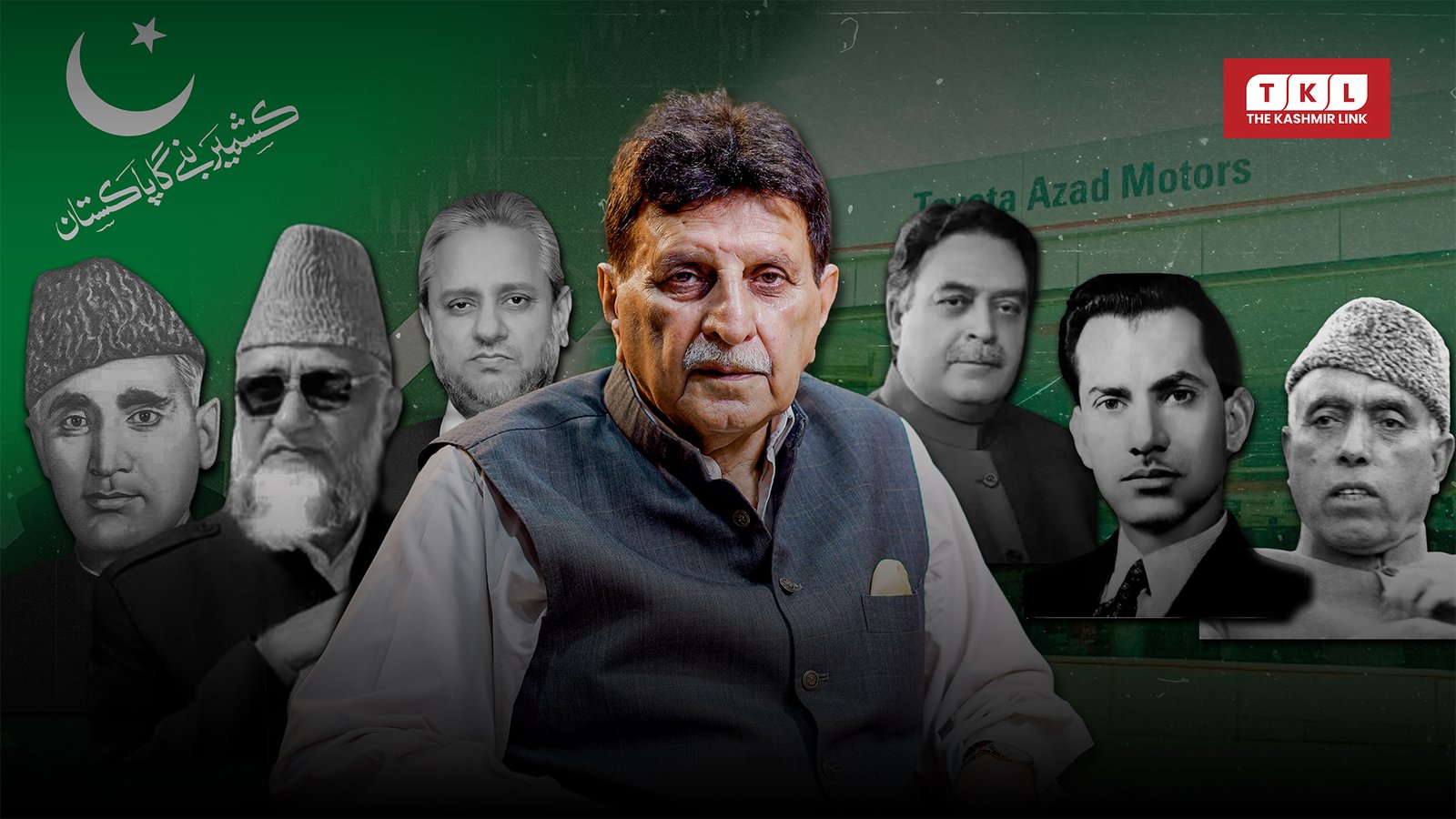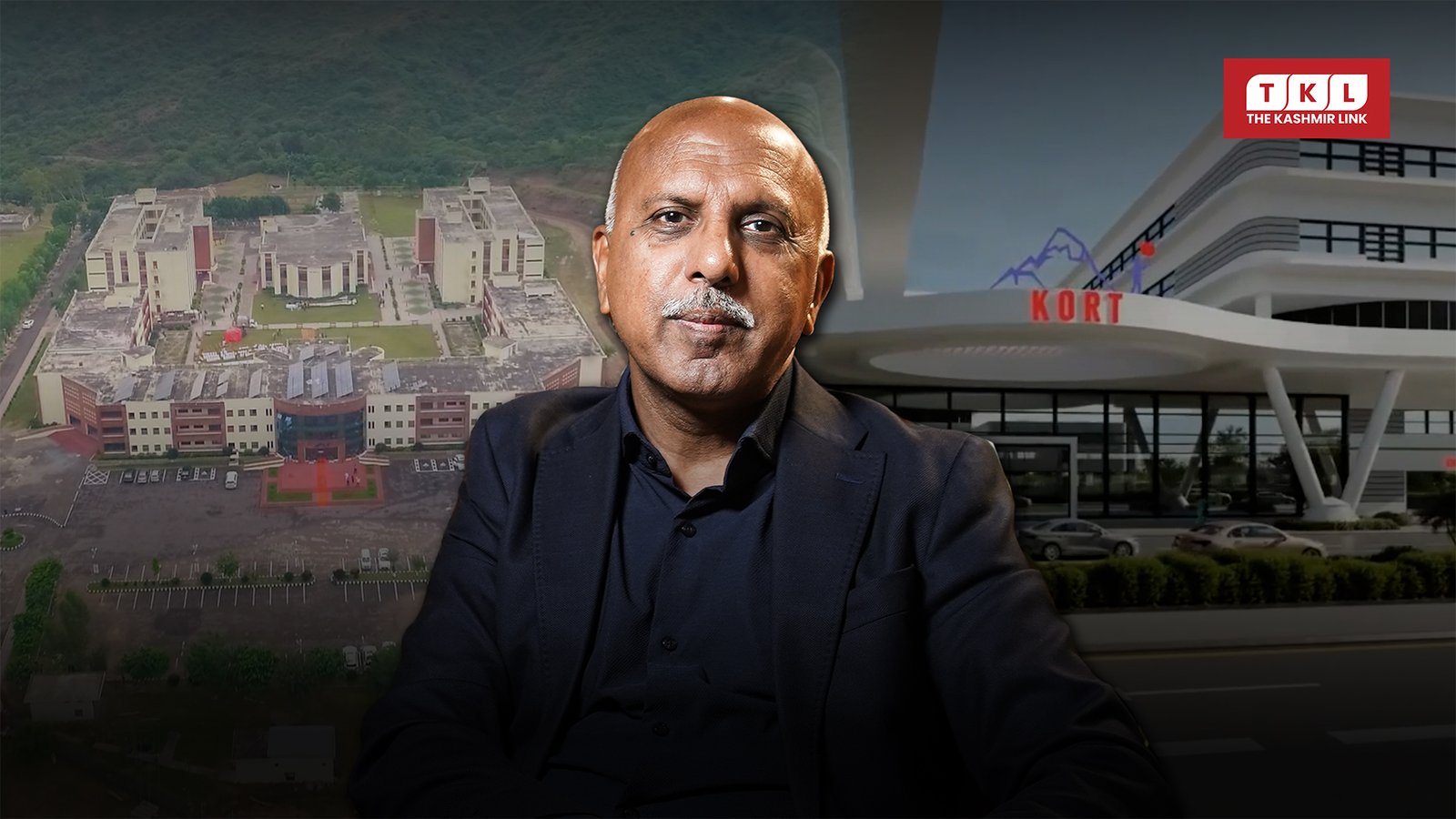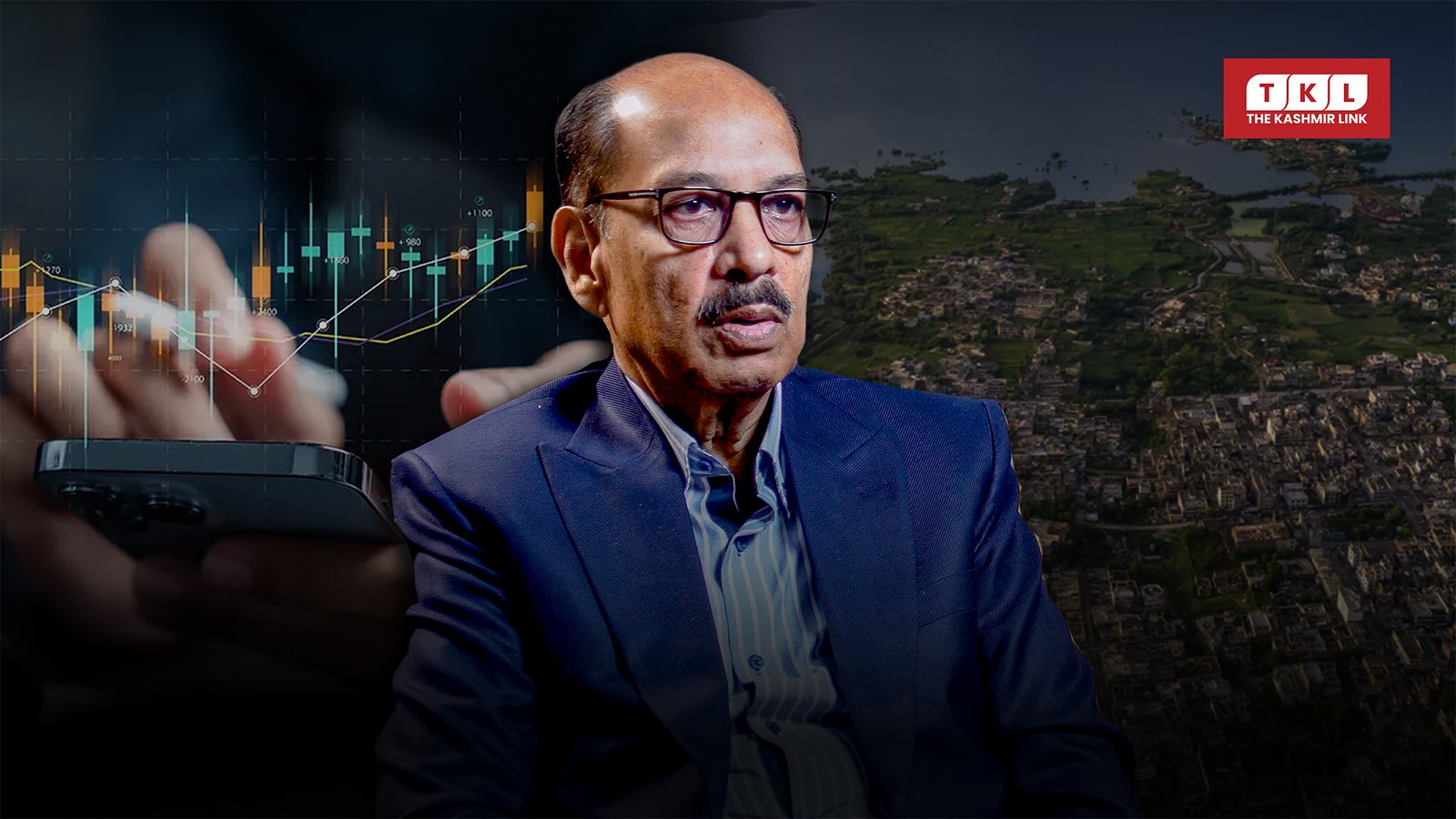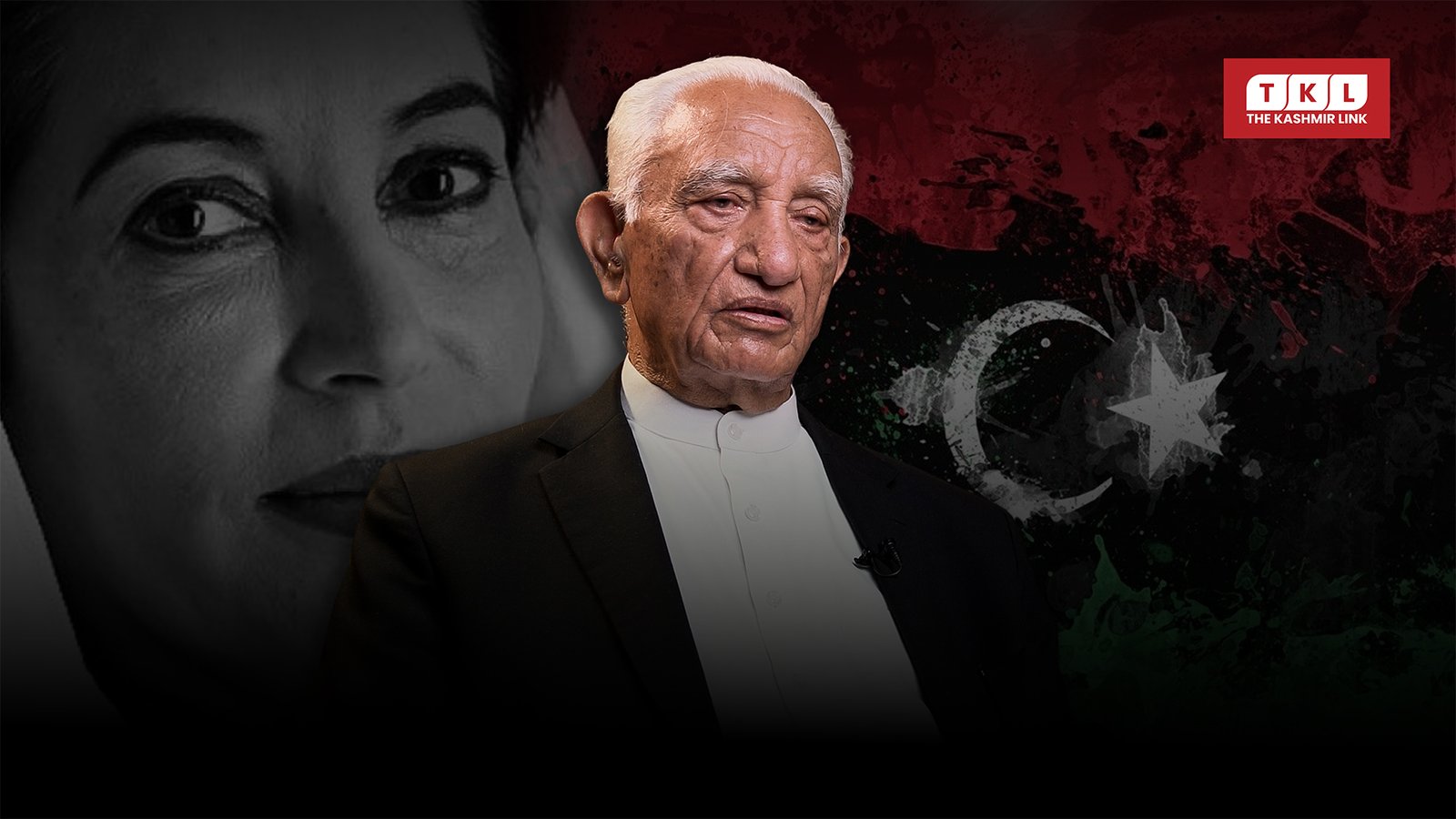From PPP to PML-N: A Political Journey of Loyalty, Struggle, and Leadership
Early Political Life in Pakistan Peoples Party (PPP)
I spent a significant part of my political life in the Pakistan Peoples Party (PPP), where I actively contributed to the party’s organizational activities. My efforts were recognized at the highest level when Mohtarma Benazir Bhutto personally awarded me a certificate of appreciation, formally presented by Yousaf Raza Gillani—then Senior Vice Chairman of PPP, later Prime Minister, and currently Chairman of the Senate.
This recognition, along with a shield presented at a party ceremony, was a historic acknowledgment of my role in organizing PPP affairs in Islamabad during a critical election campaign.
Participation in the Historic Long March
When Mohtarma announced the famous Long March from Lahore to Islamabad, I joined alongside many comrades. Despite her house arrest in Khoso House, the march continued under Shah Mehmood Qureshi, then President of PPP Punjab.
While en route from Kasur, our cars were stopped at a checkpoint. Authorities found PPP flags, posters, and campaign material in my vehicle, leading to my arrest along with six companions. Even Yousaf Raza Gillani and several senior leaders were arrested the same way.
We were taken to the police station, and later transferred to Kot Lakhpat Jail, where we spent several days. Surprisingly, our morale remained high. Food was allowed from home, and we even created a contact list of all detainees to stay in touch later.
Bail and House Arrest Orders
After appearing before the Anti-Terrorism Court, we were granted bail due to lack of evidence. However, the government immediately issued fresh detention orders for PPP office-bearers, including myself. Thanks to some influential contacts, I was released, though most leaders were placed under house arrest.
This period strengthened my ties with many party leaders and comrades. Later, after elections, Prime Minister Yousaf Raza Gillani hosted a reception at the Prime Minister House, where we celebrated our shared memories as political detainees.
Life After Benazir Bhutto’s Martyrdom
The martyrdom of Mohtarma Benazir Bhutto was a turning point for me. During her lifetime, I enjoyed deep respect within PPP, with strong personal relations with leaders like Amin Fahim, Yousaf Raza Gillani, and Raja Pervez Ashraf. But after her passing, I realized that the level of recognition I had under her leadership would not continue.
Although I distanced myself from active politics in PPP, I maintained cordial relations with PPP leaders, often invited to important events like weddings and receptions, where my presence was warmly acknowledged.
Reflections on Leadership in Pakistan
In my political reflections, I often stress that Pakistan has produced many politicians but very few leaders. Zulfikar Ali Bhutto, despite his temperamental flaws, remains the only leader after Quaid-e-Azam who truly thought of Pakistan’s future generations. His achievements—the 1973 Constitution, nuclear program, passports and identity cards, Islamic Summit—remain unmatched.
Unfortunately, Pakistan’s political culture has been dominated by personal rule, dictatorship, and misuse of democratic power, leaving little room for true democratic values.
Joining Pakistan Muslim League (Nawaz) – PML-N
Eventually, I, along with two other Syed companions, joined the Pakistan Muslim League (N). Ironically, we left PPP when it was in power and joined PML-N when it was in opposition. Senior leader Raja Zafar-ul-Haq even remarked on this unusual move, but we saw PML-N as a party of development under Nawaz Sharif’s leadership.
Though I could not play as active a role as I once did—due to age and health—I was still given great respect within the party. I had long meetings with Nawaz Sharif and other senior leaders, who treated me with warmth and regard.
My political journey—from PPP to PML-N—is a story of loyalty, struggle, and respect. Even after leaving PPP, my personal bonds with its leaders remain strong. What pains me, however, is that Pakistan has yet to nurture true democratic values.We must rise above party lines, prioritize national interest, and produce leaders who think of future generations, not just the next election. Only then can Pakistan escape the cycle of dictatorship, personal rule, and political enmity.








